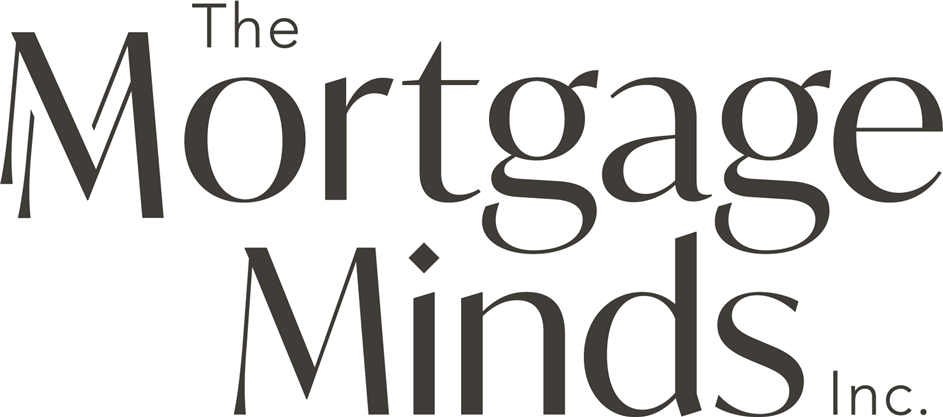
Michelle Lapierre
Reaching for 10% Down - What Will It Really Save You?
11/16/2015
I understand that for many people, reaching the minimum 5% down payment is already very tough. But if you are in a position to put down more, the structure of mortgage default insurance premiums definitely gives you a reason to do it. If you have less than 20% down payment when you purchase a home you will need to pay a mortgage default insurance premium. This protects your mortgage lender if you default on your mortgage. In June of this year, mortgage default insurance premiums were increased for 5% down payment mortgages from 3.15% to 3.6%. The increase was meant to better align costs of premiums to risk level; if you have more down payment you are less likely to default. The impact of this increase is that those with 5% down payment have significantly higher transaction costs, providing more incentive to reach 10% down payment.
The Difference in Premiums for 5% Down Payment vs. 10% Down Payment
On a $400,000 purchase, here is how the fees differ:
5% Down Payment:
$400,000 mortgage - $20,000 down payment = $380,000 mortgage
$380,000 x 3.6% premium = $13,680 premium
Total loan amount is $393,680.
10% Down Payment:
$400,000 mortgage - $40,000 down payment = $360,000 mortgage
$360,000 x 2.4% premium = $8,640 premium
Total loan amount is $368,640.
25% Return!
These premiums are rolled into your mortgage so it is easy to overlook the significance of these transaction costs. In our example above, if you come up with $20,000 more down payment it saves you $5,040 in insurance premiums. That kind of return on your funds would be pretty hard to beat if those funds were invested instead.
Other Benefits of More Down Payment
-Better equity position to weather value changes - You will also benefit from having a higher equity position in your home should the values of homes decrease. With 5% down payment, you have roughly a 1.6% equity position the day you move in. With a 10% down payment you have roughly an 8% equity position the day you move in.
-Lowers your interest costs - You have a smaller mortgage loan, lowering the interest you will pay over the life of your mortgage.
-Lower mortgage payments - By decreasing your loan amount your monthly mortgage payments will also drop.
Managing your transaction costs is another important part of looking at the overall cost of your mortgage. I am happy to work with you to create a structure for your mortgage that controls your interest costs over the life of your mortgage.




























